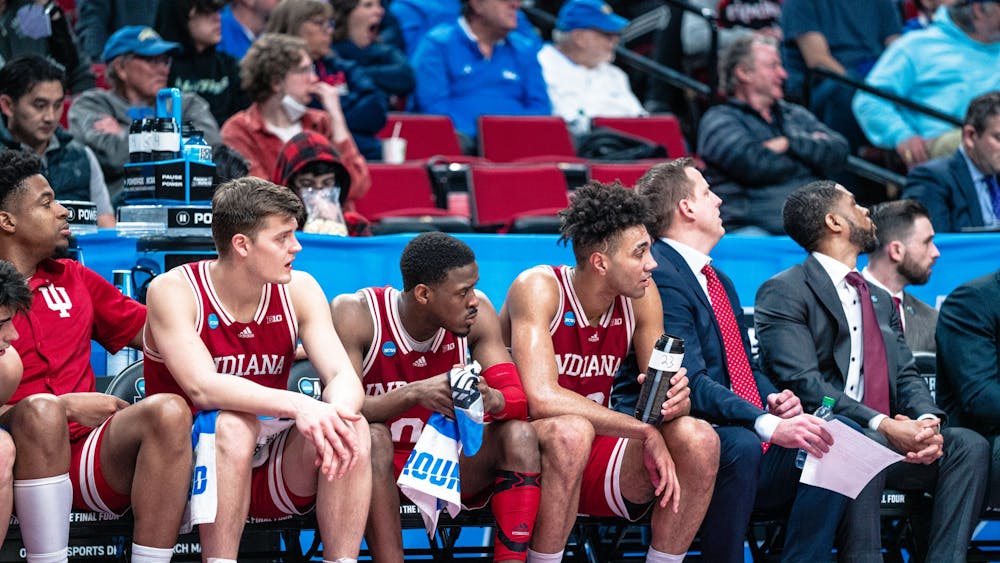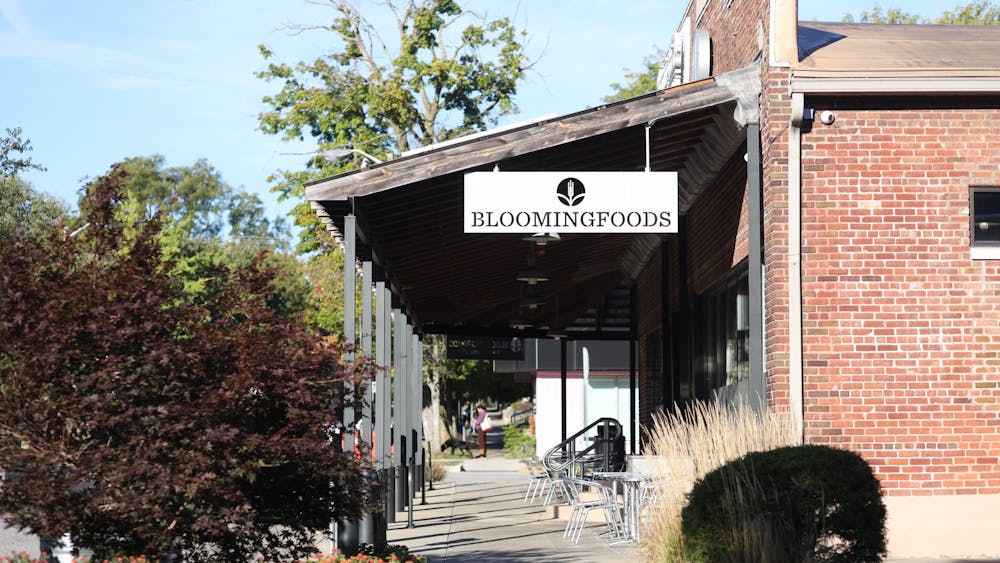The Grand Challenges initiative is a research project that will give funding to teams who have global ideas or challenges and want to use IU as a model to implement them or solve them.
Overall, 21 preliminary proposals for the Grand Challenges were submitted by Nov. 9, the first deadline for the initiative.
“It was probably a few more than we anticipated,” IU Vice Provost for Research Rick Van Kooten said. “I think it was a very good thing. Every single one of these is a good idea.”
The preliminary proposals will be reviewed during the next few months until five are invited to submit full proposals due Apr. 18. The teams will be notified if they are selected by January.
A review committee of 12 faculty members will give recommendations to a steering committee that will give recommendations to IU President Michael McRobbie.
“They’ll be judged whether they have the scope for a Grand Challenge and sort of match their criteria,” Van Kooten said.
The Grand Challenges iniative gives faculty the opportunity to work in a multidisciplinary way.
“The Grand Challenge initiative presents an exciting opportunity to organize a large group of researchers around a pressing problem at a scale that is simply not possible within a single department,” said Kay Connelly, associate professor in the School of Informatics and Computing.
Connelly led her team in a pre-proposal for a creation of a center on global aging.
Robert Fischman, law professor, said it’s hard to have interdisciplinary projects because it’s hard to find common ground.
Fischman is on a team whose pre-proposal was titled “Preparing for Change.”
He said his team knew they wanted to do more collaborative work. When they heard of the Grand Challenges as a framework to get people out of their building and working with others on campus, they decided to apply, Fischman said.
“This is a great opportunity for us to pursue a project that’s longer term,” he said.
Van Kooten said he is looking forward to continuing enthusiasm for interdisciplinary projects such as these.
These Grand Challenges will be greasing the wheels for the future and making it easier to work with different campuses in the future, he said.
“The more you do it, the easier it gets,” Van Kooten said.
Connelly said applying for Grand Challenges has energized all of her team’s partners on campus.
“We are already planning a retreat early in the spring to discuss not only how to proceed if we are selected for the next stage of the process but what we can do even if we don’t receive that funding,” she said.
Working for the past few months on the pre-proposal gave Fischman and his team the opportunities to meet and discuss their idea more in depth.
“It was an opportunity for us to do more of what we already we wanted to do,” Fischman said. “It forced us to think long term.”
After the five full proposals are submitted, they will then be reviewed, and two of the proposals will be chosen for funding.
Although there are only two spots that will be funded, Van Kooten said his team will offer to work with each group until the final two are chosen and even after they are chosen.
They still want to work with the groups to see how they can implement their ideas, Van Kooten said.
“You never know where the next breakthrough is going to be,” he said.





